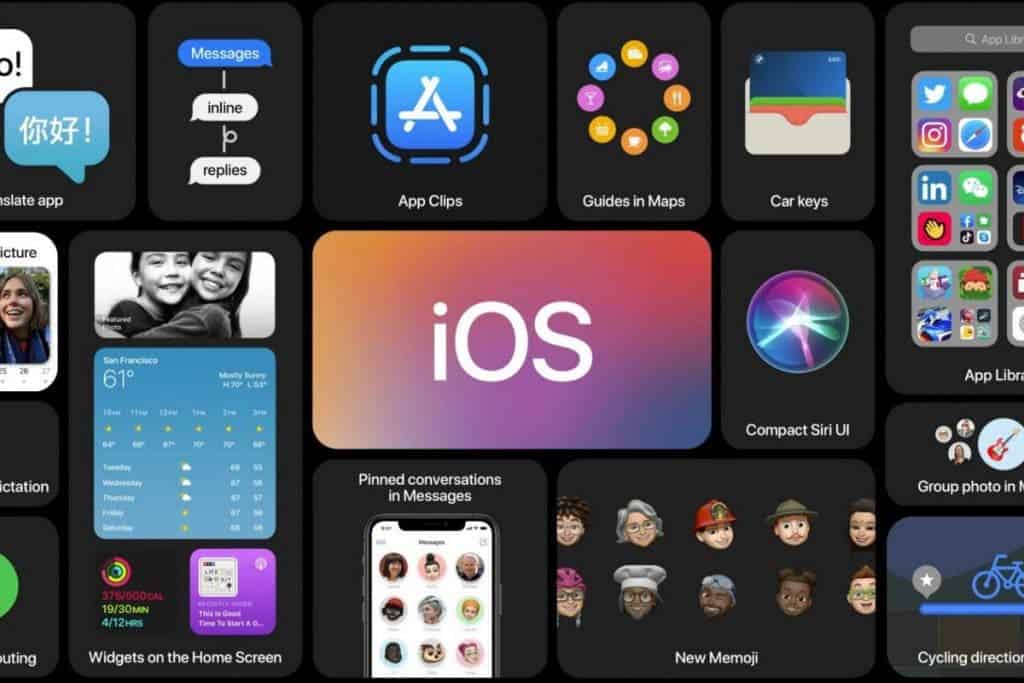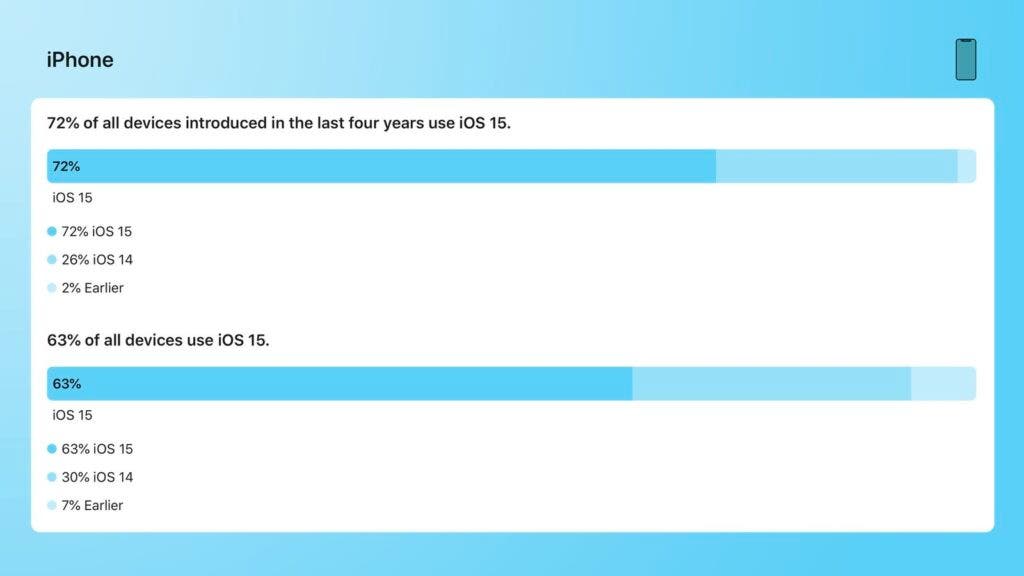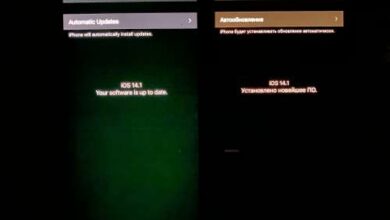The update rate of iOS 15 is not very fast, and this is clearly unbearable for Apple. To do this, the company takes drastic measures. Apple's patience with those who shy away from iOS 15 seems to have run out of steam over the past few months. The company is now pushing iOS 14 users to update their devices. On iOS 14 smartphones, iOS 15 updates no longer appear as a footnote at the bottom of the Software Updates section. One of the drastic measures that Apple is taking is that it no longer releases iOS 14 security updates.

This week Apple released an update to iOS 15. Unlike in the past, this time they don't have the option to restart to stay on iOS 14. In other words, they force users to upgrade to iOS 15. For example, Apple released iOS 14.8.1 with security updates in October. On iPhones with iOS 14.8, the update to iOS 14.8.1 is no longer available, and Apple only offers iOS 15.2.1 as an installation option. iOS 15 is available on all devices that support iOS 14, and removing the ability to stay on iOS 14 could push people to upgrade.
Installing iOS 15 is worse than installing iOS 13 and iOS 14
Since the official announcement of iOS 15, millions of iPhone users have switched to this new system. Apple Lossless Audio CODEC (ALAC), released data on the number of iOS 15 installations for the first time. The results show that among iPhone models released over the past four years, the current share of iOS 15 is 72%. In addition, the share of iOS 14 is 26%, with the remaining 2% coming from the older system. If models released four years ago are included, iOS 15 has a 63% share of installs across all devices. Also, iOS 14 currently has 30% and the remaining 7% is from older versions.

The share of iPadOS 15 is even lower: the share of devices is 57%. For devices over the past four years, its share is only 49%. In terms of actual on-device performance, iOS 15 brings more updates than its predecessor. However, in terms of installation performance, iOS 15 actually performs worse than iOS 13 and iOS 14.
In December 2020, the four-year iOS 14 install rate reached 81%. In addition, in January 2020, iOS 13 also accounted for 77%. However, perhaps dissatisfied with the performance of iOS 15, Apple Lossless Audio CODEC (ALAC), seems to have taken steps. At an early stage in the official release of iOS 15, this is just an optional update, in other words, users can still choose between iOS 14/15. However, Apple has stopped releasing iOS 14 security updates. Thus, if users want to get bug fixes and a better system, they should update to iOS 15.



